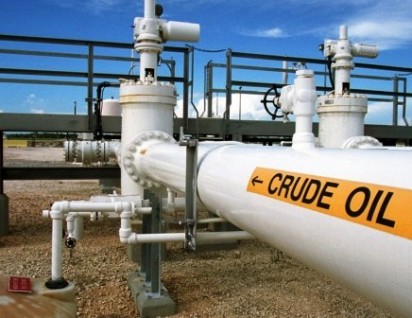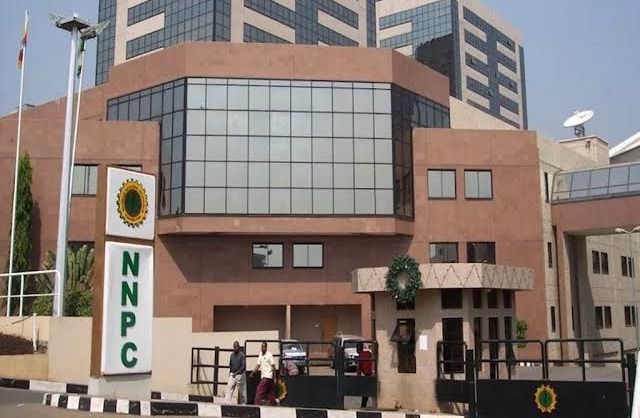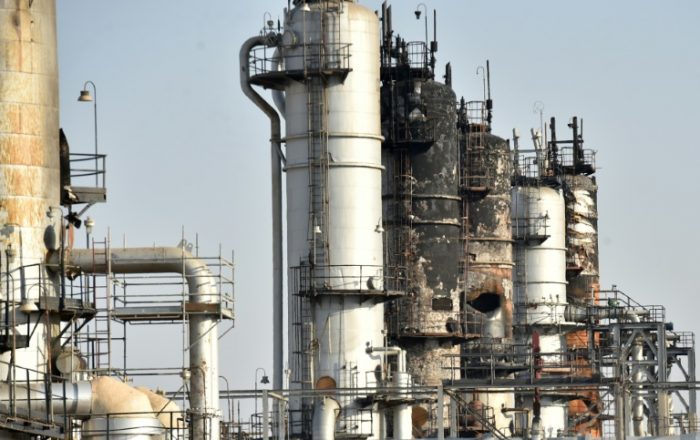The Organisation of Petroleum Exporting Countries (OPEC) has postponed its 60th anniversary which had been planned to hold in the second half of May to September, 2021.
OPEC made the disclosure in a letter on Wednesday by Ihsan Abdul Jabbar Ismaael, the Minister of Oil, Baghda-Iraq, the host country, which was sent to the Secretary General of OPEC, Dr Mohammed Barkindo.
“I am writing to your Excellency regarding the 60th OPEC Anniversary which was planned to take place at Al-Shaab Hall in Baghdad, Iraq in the second half of May 2021.
“Together, we are still facing the continued status of COVID-19 pandemic. The number of Coronavirus cases is climbing in Iraq and globally despite rolling out of vaccine.
“Both vaccine hesitancy and its efficacy could pose serious concerns in near future. It is too early to say that the pandemic hit the peak and the cases have been heading to the end.
“Large number of people is still vulnerable across the world which could lead to resort again to or extend quarantine and lockdowns to curb spread of coronavirus .
“While we are eager that all Declaration of Cooperation (DoC) countries would attend this auspicious event in Baghdad next month, safety of the participants is our highest priority.
“To this end, we regretfully have to postpone the celebration to the second half of September 2021, hoping by then that we will celebrate not only the OPEC’s 60th Anniversary but also the end of this Straining Pandemic.
“We express our gratitude and appreciation for your understanding and support. It would be highly appreciated if this letter could be circulated to the esteemed head of delegation,” the letter said.





